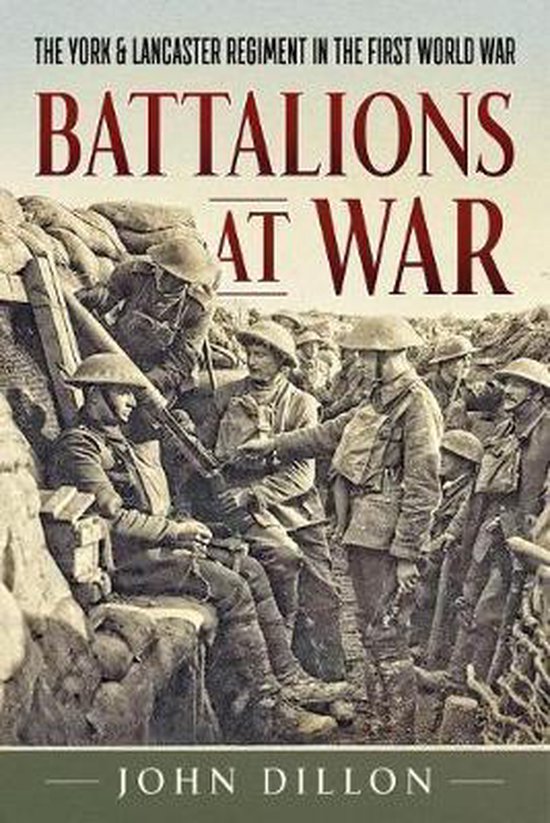
Battalions at War
The First World War is history; the last survivors of that conflict are now all dead. Three generations on, public perceptions of the war are formed from books, films and photographs. In the last two decades, revisionist historians have attempted to correct the narrative left to us by the war poets and early diarists; a chronicle of sacrifice, futility and the 'loss of a generation' at the hands of the 'bunglers' and 'butchers'. In spite of the efforts of these writers, commentators find it hard to move beyond the losses of 1 July 1916 and the mud of Passchendaele. The history of the war is 'bookmarked' by a series of iconic battles, from First Ypres, through the Somme, to Passchendaele and Cambrai and the final victory of the Hundred Days. When reading the accounts of the battles it is easy to overlook the very limited perspective of the individual soldiers. Battalions were moved in and out of the line every few days; most were involved in only a few of the battles, and then for only a short period and on a limited front. The troops who participated would have had little idea of how their unit's contribution affected the outcome of a particular operation. The York and Lancaster Regiment had one or more battalion in all of the major battles of the war, but each saw only a small part of those operations. This book uses the war diaries of those battalions to trace the history of the conflict through the limited perspective of those whose horizon was little more than their 500 yards of trench line. Private Patrick Dillon (the author's grandfather) served in three battalions of the regiment. The battalion war diaries show us how limited was the overview of the ordinary soldier and his regimental officers, there is little context to the actions in which they were involved beyond their immediate front and flanks. While this book does outline the broader operations in which the battalions were involved, it is not a 'history of the war', rather it is an account of how those units (often at short notice) were fed into the line of battle.
| Auteur | | John Dillon |
| Taal | | Engels |
| Type | | Hardcover |
| Categorie | | Mens & Maatschappij |